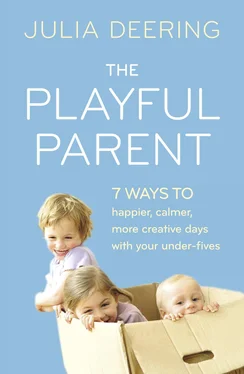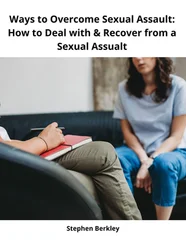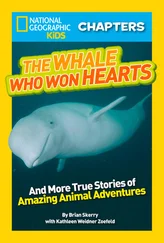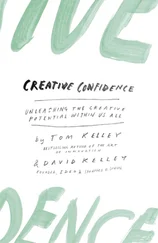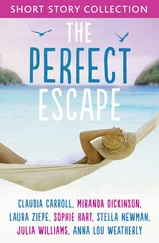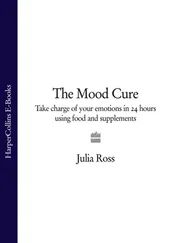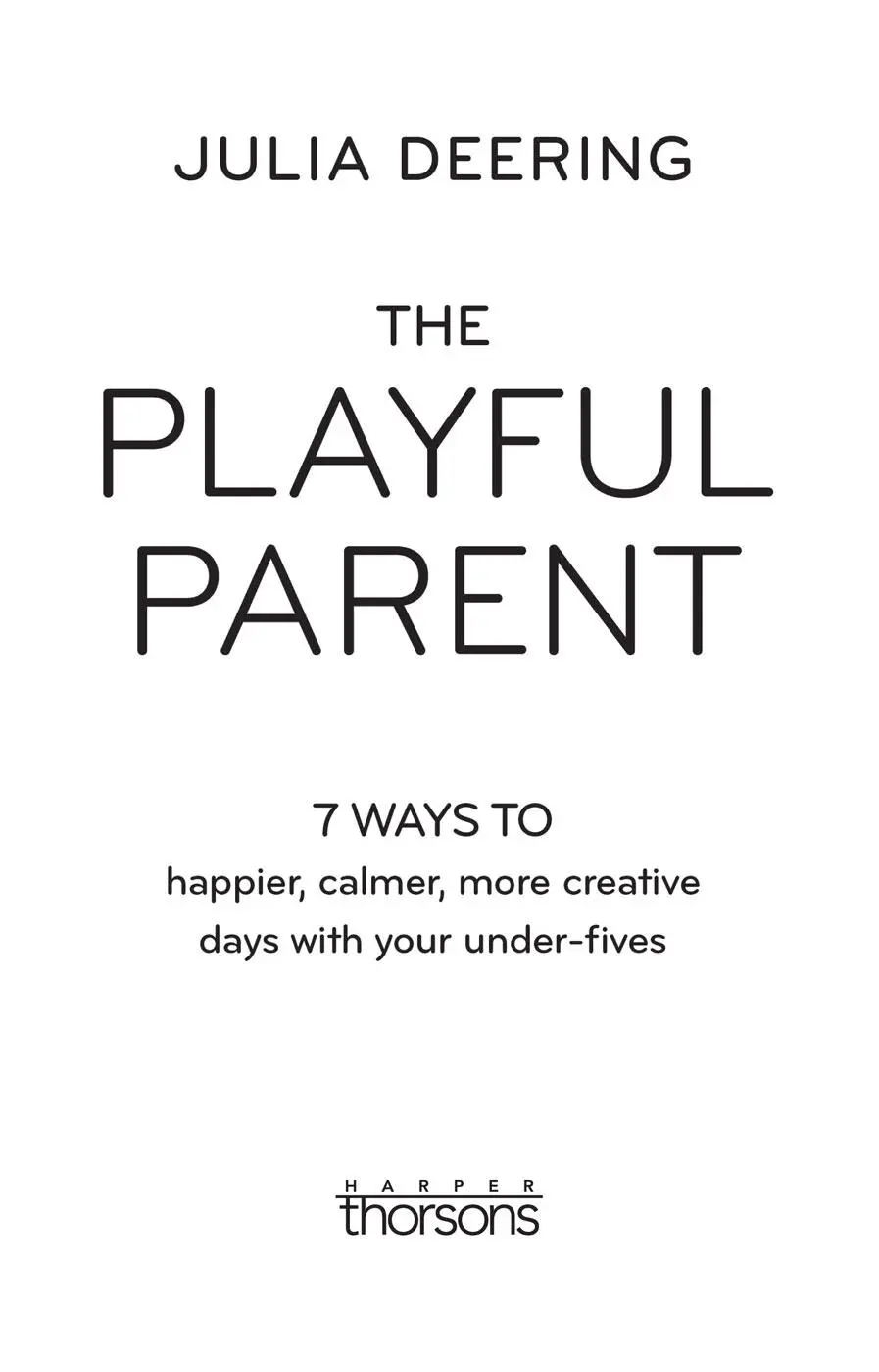
Contents
Cover
Title Page
Introduction
What should a four-year-old know?
The power of play
Why 7 Ways to Play?
How to use this book
A quick guide to baby and preschool play
Ready steady play
Chores: not Bores
10-Second Set-ups
Invitations to Play
Invitations to Create
Make and Take
Stay and Play
Sanity Savers
And finally . . .
A play planner for your family favourites
Useful websites and further reading
List of Searchable Terms
Copyright
About the Publisher
Introduction
What should a four-year-old know?
‘I was on a parenting bulletin board recently and read a post by a mother who was worried that her four-and-a-half-year-old did not know enough. “What should a four-year-old know?” she asked. Most of the answers left me not only saddened but pretty soundly annoyed. One mom posted a laundry list of all of the things her son knew. Counting to 100, planets, how to write his first and last name, and on and on. Others chimed in with how much more their children already knew, some who were only three. A few posted URLs to lists of what each age should know. The fewest yet said that each child develops at his own pace and not to worry.’
Written by a preschool teacher in the US
As both a parent and also an Early Years educator myself, I think I would have felt pretty annoyed by those mums’ postings. Maybe you have a toddler or a preschooler, perhaps your child or children are older now, or maybe you’re about to be spending some time with a young child, but whatever your situation, think of that child at four years old. What do you think they should know?
Here in the UK, the question ‘What should a four-year-old know?’ is being answered on a slightly larger scale than on a parenting bulletin board, as the current Government and its advisors are suggesting reforms to our education system that will focus on getting four-year-olds ‘school ready’. That means a bigger emphasis on them knowing basic reading, writing and arithmetic before they even start in Reception. There’s even talk of a new baseline test for five-year-olds in England – adding a competitive twist to the whole thing; just as the mums were doing on that preschool bulletin board. So, reading, writing and arithmetic – that’s what the Department for Education think our four-year-olds should know.
Many Early Years experts, teachers, nursery staff and parents – myself included – are fighting back with a counter opinion. What we think four-year-olds really need to know is that they each have a brilliant talent; one that will absolutely get them ‘school-ready’, but not by achieving certain levels in the 3Rs. Instead, this talent will help them gain the skills they really need to start school. These include social and emotional skills to get along with others, curiosity about the world, practical skills, the ability to listen and understand instructions from grown ups, independence with personal care and the ability to spend time happily engaged with objects or in an activity without their parents.
And the talent? Well, it was my daughter, aged six, who put it very clearly. ‘Mummy,’ she told me, ‘you know, all children have a talent.’ When I asked her what that talent was, she replied – very matter of fact – ‘All children can play . That’s their talent.’
And I believe that’s what a four-year-old should know; that they can play .
In her response to those parents on that bulletin board, the US preschool teacher also recognised the talent of a four-year-old. She knew it had little to do with reading, writing and arithmetic levels and all to do with their brilliant skills at play . Here are a couple of things she felt a four-year-old should know:
‘He should know his own interests and be encouraged to follow them. If he could care less about learning his numbers, his parents should realize he’ll learn them accidentally soon enough and let him immerse himself instead in rocket ships, drawing dinosaurs or playing in the mud.
‘She should know that the world is magical and that so is she. She should know that she’s wonderful, brilliant, creative, compassionate and marvellous. She should know that it’s just as worthy to spend the day outside making daisy chains, mud pies and fairy houses as it is to practise phonics. Scratch that – way more worthy.’
This happy talent of children – play – can actually be seen from birth. When they’re not sleeping or feeling sleepy, feeding or feeling too hungry, or feeling colicky or uncomfortable because they need a nappy change, babies are instinctively and naturally playing. Play is the language of infancy, toddlerhood and the preschool years. So, if you want to properly understand your under-five and help them to know what any child of their age should really know, you’d better learn the language of play. And this book is where to do just that.
The power of play
As a teacher and creative play specialist with over twenty years’ experience working with children and their families in a variety of educational settings, I am evangelical about the power of play to promote learning. I have seen little ones simply thrive physically and mentally when their days, weeks and months are, above all else, playful.
Over the years I’ve worked with thousands of children in a huge variety of locations – from classrooms, gardens, woodland, parkland and playgrounds to museums, art studios, venue foyers, libraries, kitchens and even school dining halls. Whether I’m producing materials and ideas for families to use together in a gallery or at home, or I’m leading a session for a group in a herb garden, my raison d’etre is to provide young children with an enabling environment – somewhere Early Years Foundation Stage (EYFS) guidelines describe as a place where they feel safe, comfortable and ‘at home’; where they can investigate, explore and learn in a way that is best for them. And that is always through play.
As an Early Years practitioner, these EYFS areas of learning and development guidelines inform all the sessions I plan, all the materials I produce – and because over many years I have experienced how young children learn best, I always deliver Learning and Development objectives with playful teaching methods and through playful activities.
For example, if I’m thinking about how to include the teaching of Communication and Language in my sessions, I’ll plan for plenty of playful opportunities for families to talk and sing together, where a little one can talk with their grown up, learn new words, experience non-verbal communication and listen to rhymes, songs and stories. When considering Physical Development I try to include opportunities for the children to playfully practise their fine motor skills and gross motor skills doing practical activities. I teach Personal, Social and Emotional skills during my sessions too, and offer plenty of opportunities to develop skills like sharing, taking turns, listening to others and recognising others’ feelings while playing. I also make sure I develop slightly more formal EYFS Specific Areas of Learning – things like Numeracy, Literacy, Expressive Arts and Design and Understanding the World – which can all be promoted through play.
Throughout my professional work, wherever I’m teaching, play is central to my planning and practice. This way, I know that the children in my care are happily and naturally learning, gaining all those essential skills that will make them really ready for school when the time comes.
Читать дальше
